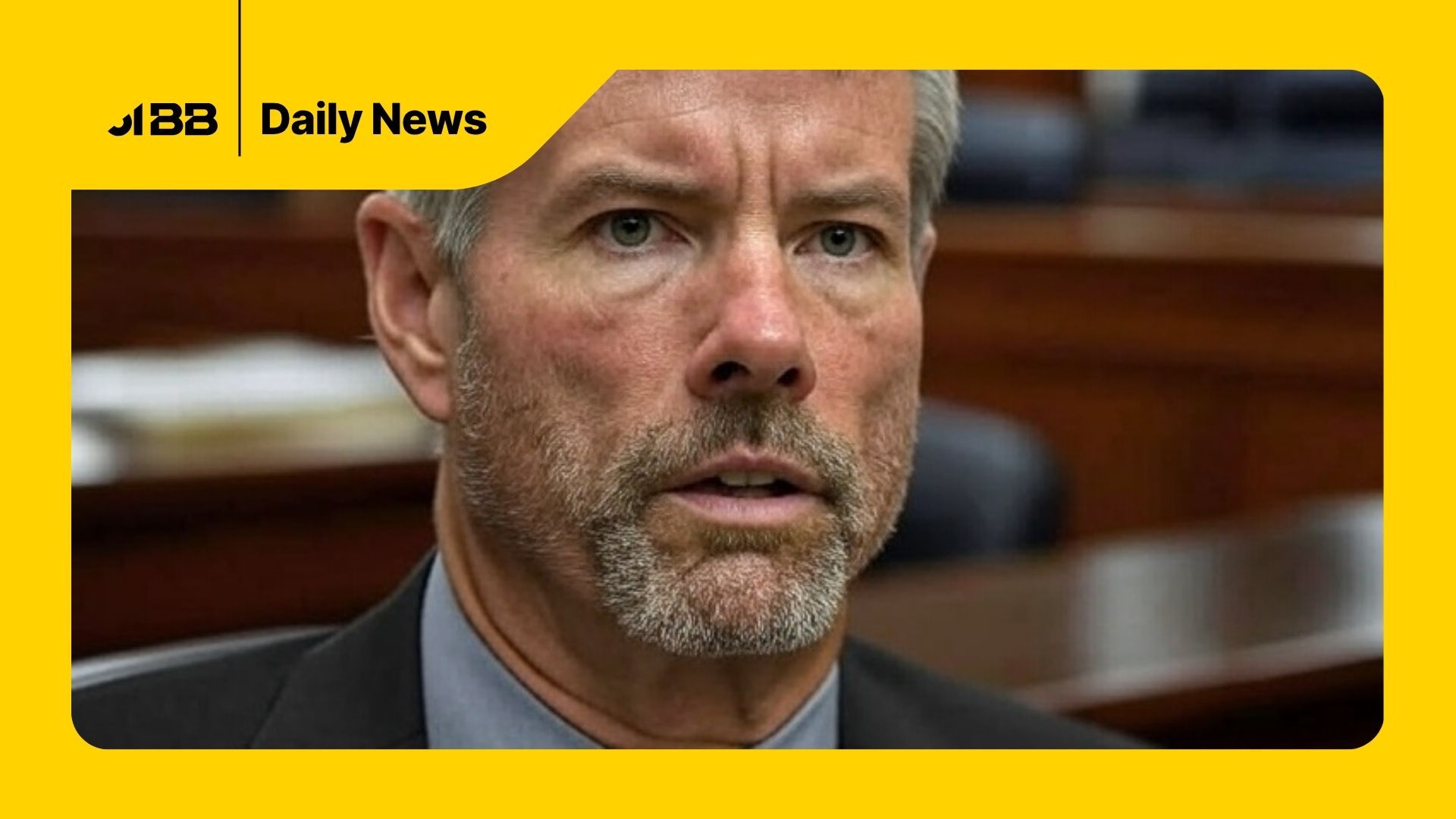Strategy Hit by $6B Bitcoin Lawsuits, Robinhood Expands Crypto Futures After Bitstamp Acquisition
Strategy Faces $6B Bitcoin Lawsuit Wave, Robinhood Adds Micro Crypto Futures After Bitstamp Deal, Trump Threatens Tariffs Over Canada’s Digital Services Tax

Because Bitcoin
June 27, 2025
Strategy Faces Five Class-Action Lawsuits Alleging Securities Fraud Over $6B Bitcoin Losses, Insiders Accused of Stock Sales
Strategy (formerly MicroStrategy) is confronting at least five class-action lawsuits accusing it of securities fraud tied to $6 billion in unrealized Bitcoin losses and inadequate risk disclosures. Investors allege misleading statements between April 2024 and April 2025, contributing to share price declines. Claims also accuse CEO Phong Le and CFO Andrew Kang of selling $31.5 million in stock before disclosing accounting changes. Despite legal pressures, Strategy shares have risen 28% this year, buoyed by its large Bitcoin holdings (592,345 BTC worth $63 billion). Founder Michael Saylor remains the largest shareholder. The lawsuits gained momentum after Strategy’s April profit warning and a $16.49 per share Q1 loss, raising broader concerns about corporate Bitcoin exposure and insider trading practices.
Robinhood Expands Crypto Lineup with Micro XRP and Solana Futures After Bitstamp Acquisition
Robinhood has launched micro futures for XRP and Solana, along with a micro version of its Bitcoin Friday futures, further broadening its crypto offerings. These micro contracts allow traders to participate with lower capital and reduced risk. Earlier this year, Robinhood introduced a range of crypto futures, including Bitcoin and Ethereum, and gradually added XRP and Solana. This expansion follows the company’s recent $200 million acquisition of Bitstamp, aimed at boosting its global reach, as well as plans to acquire WonderFi, backed by Kevin O’Leary.
Trump Halts Canada Trade Talks, Threatens Tariffs Over New Digital Services Tax on Big Tech
President Trump announced Friday that he is immediately ending all trade negotiations with Canada and will impose new tariffs within a week, citing Canada’s new Digital Services Tax (DST) as an “egregious” move against U.S. tech companies. The tax, effective Saturday, imposes a 3 percent levy on large digital firms earning over C$20 million in Canada, retroactive to 2022, potentially costing U.S. giants like Amazon, Google, and Meta up to $2 billion. Canadian Prime Minister Mark Carney, caught off guard, said talks would continue in Canadians’ best interest. The DST had faced strong opposition from U.S. lawmakers and business groups, who argued it unfairly targets American companies. Despite this, Canada’s finance minister insisted the tax would proceed as planned.
Resources:

